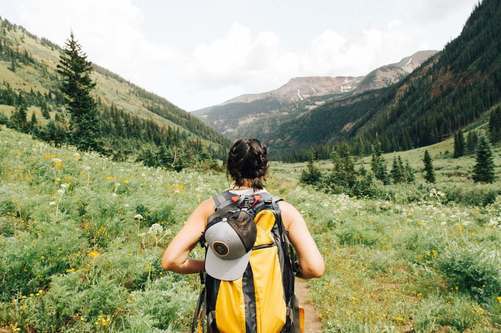Tips When Going For Your First Solo Hike
Many people have the misconception that hiking is a group activity that cannot be done solo. While there are many benefits of going on a group hike, including the fact that you will feel safer and it sounds like more fun, solo hiking trips can also give you unexpected benefits. If there is anything the global pandemic and containment measures like social distancing should teach people is the fact that it is time to think of activities that can be done solo.
Benefits of Solo Hiking
- Makes you discover yourself: This may sound like a cliche, but there are many people who do not know who they are. Sometimes, it helps to just take a break and be alone with yourself where you are not surrounded by people’s voices and opinions.
- Helps in building perseverance: Most people are not used to going through hardships and taking it all in stride. A solo hike teaches you to press on without giving up.
- Enhances socialising skills: During a solo hike, you are most likely to meet new people who are also on a hike. You may be forced to reach out and talk to fight loneliness.
Keeping Safe
One of the downsides of a solo hike is that it can get scary when you are all alone especially at a place you are not familiar with. You should keep safe by:
- Inform people at home that you are on a solo hike.
- Do not blindly trust strangers that you have just met on your hike.
- Carry a map and compass for reference when you get lost.
- Know your capabilities and limits. Do not push yourself beyond what you can take. Rest when you must.
- Pack with a checklist. Have enough food and water. If you have a preexisting condition, carry your medication.
- No headphones. You want to be fully aware of your surroundings for any impending danger.
The trick for going on a solo hiking trip is to have a purpose and adhere to the safety measures. Remember to have as much fun as you can and explore new things.

